The most important finding from the twenty years excavation at ancient Stageira, just announced in Thessaloniki, Greece, during the international conference “Aristotle 2400 years.”
The domed building discovered during excavations in the ancient city in 1996, can only be the tomb and memorial of Aristotle, the great philosopher.
Above, Aristotle. Credit wikimedia
According to Ekathimerini, the finding will be announced at a press conference.
Aristotle was born at the Greek city of Stageira in 384 B.C. and died 62 years later in Chalcis, about 50 miles north of Athens.
Aristotle (Greek: Ἀριστοτέλης 384–322 BC) was a Greek philosopher and scientist born in the city of Stagira, Chalkidice, on the northern periphery of Classical Greece. His father, Nicomachus, died when Aristotle was a child, whereafter Proxenus of Atarneus became his guardian. At eighteen, he joined Plato’s Academy in Athens and remained there until the age of thirty-seven (c. 347 BC). His writings cover many subjects – including physics, biology, zoology, metaphysics, logic, ethics, aesthetics, poetry, theater, music, rhetoric, linguistics, politics and government – and constitute the first comprehensive system of Western philosophy. Shortly after Plato died, Aristotle left Athens and, at the request of Philip of Macedon, tutored Alexander the Great starting from 343 BC. According to the Encyclopædia Britannica, “Aristotle was the first genuine scientist in history …

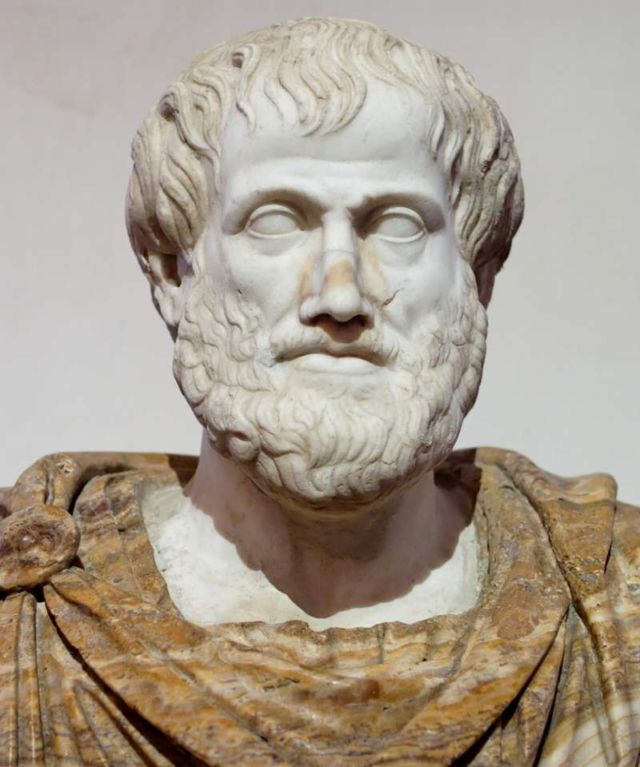
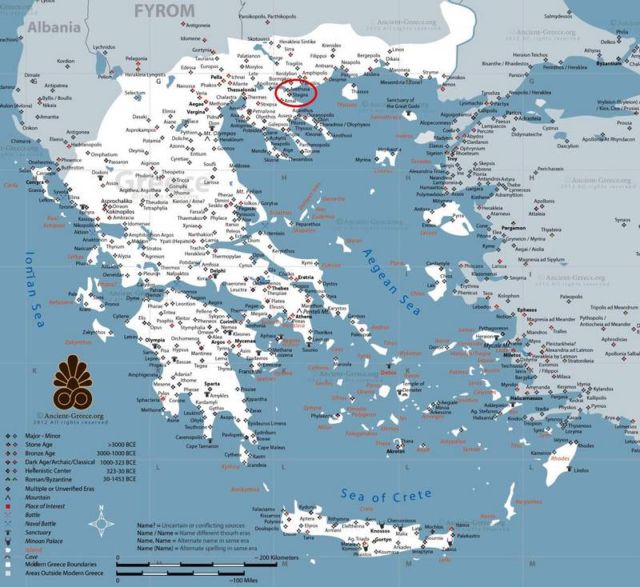
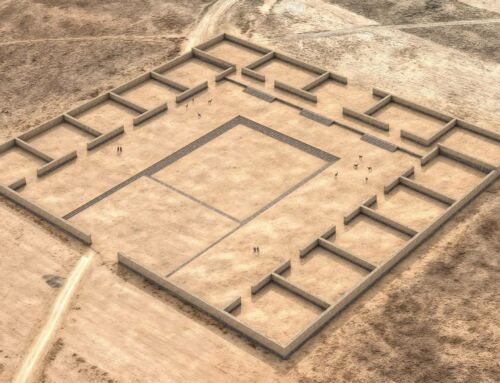
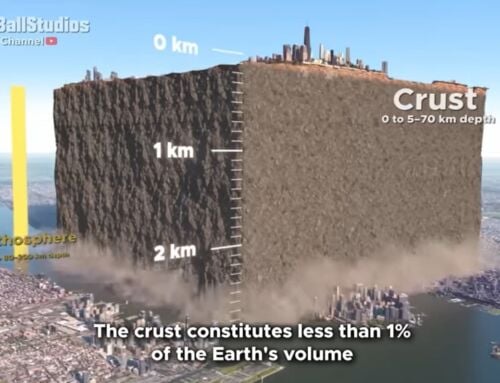

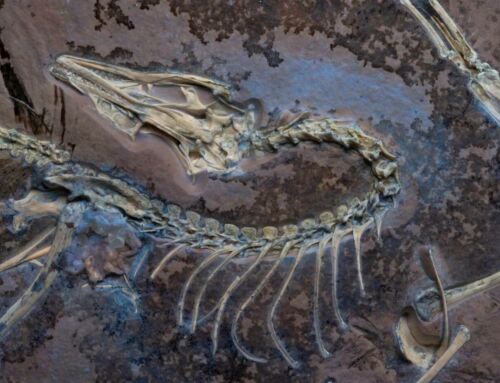
Leave A Comment